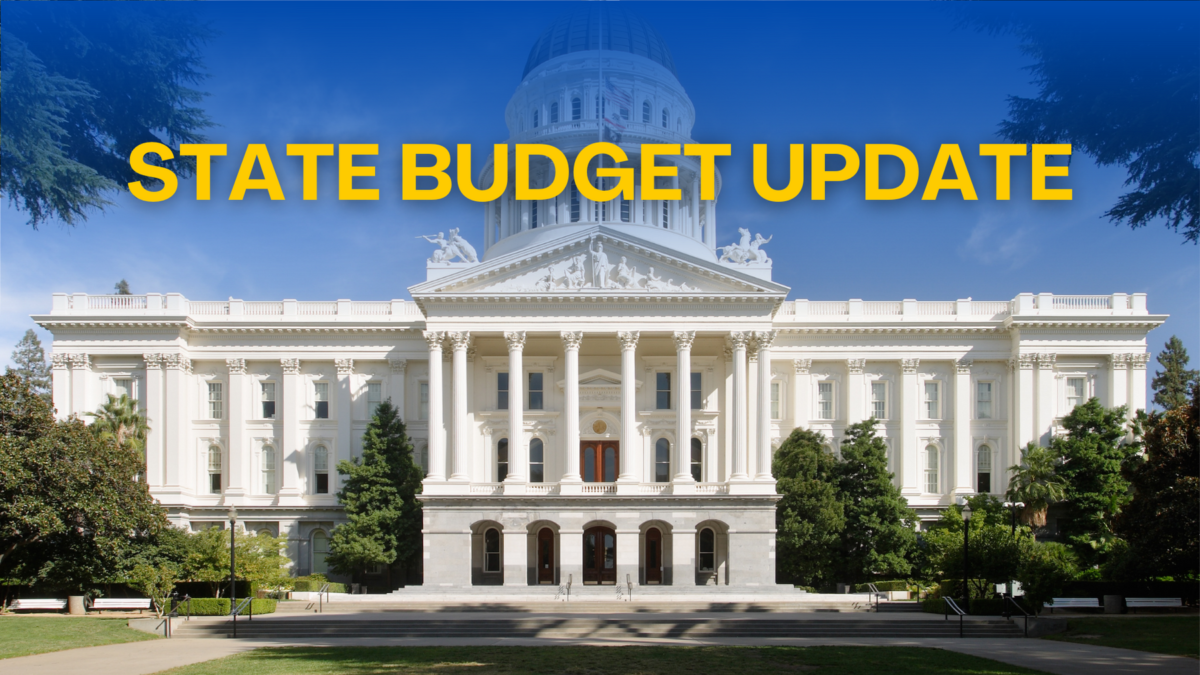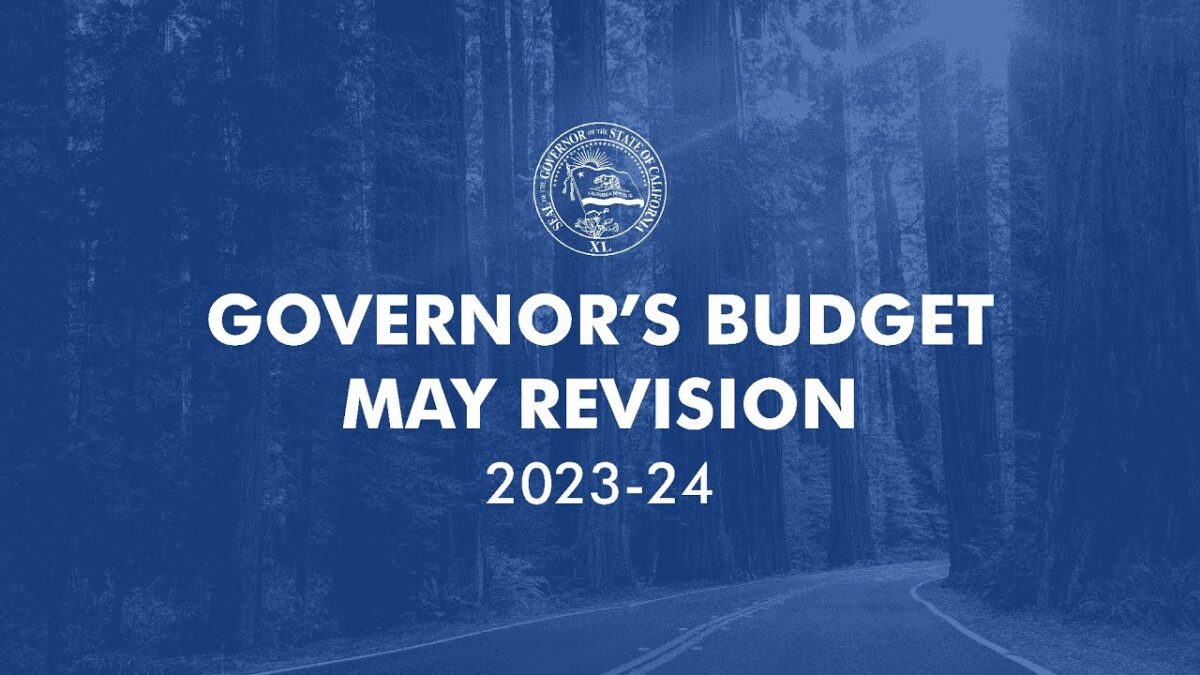California’s budget deficit could hit a record $68 billion in the 2024-25 fiscal year, according to a report released last week from the non-partisan Legislative Analyst Office (LAO). The projected deficit is a result of a steep decline in tax revenue and comes after two years of record surpluses due to federal COVID-19 relief funding and large gains by California’s wealthiest.
As mentioned in the report, a major cause of the downturn is that the number of unemployed workers in California has risen nearly 200,000 since the summer of 2022. This has resulted in a jump in the state’s unemployment rate from 3.8 percent to 4.8 percent. This rise in unemployment has acutely impacted Californians with developmental disabilities and their families, who continue to struggle to find supports and services due to the lack of staff at service providers and regional centers. These state funded programs can only hire if the state provides adequate funding to do so, and an increase in reimbursement rates scheduled for July 2024 will help to employ more direct support staff – yet it will still require more rate increases to be truly competitive.
If the deficit projections are actualized, then the Legislature and Governor will have to use funds in the state’s rainy-day account, currently at $24 billion, and look at other options to balance the budget and jumpstart the economy. More employed Californians will be a key to turning around the state’s budget woes, and with investment into our developmental services system, service providers and regional centers will be ready to hire in a competitive employment market.


